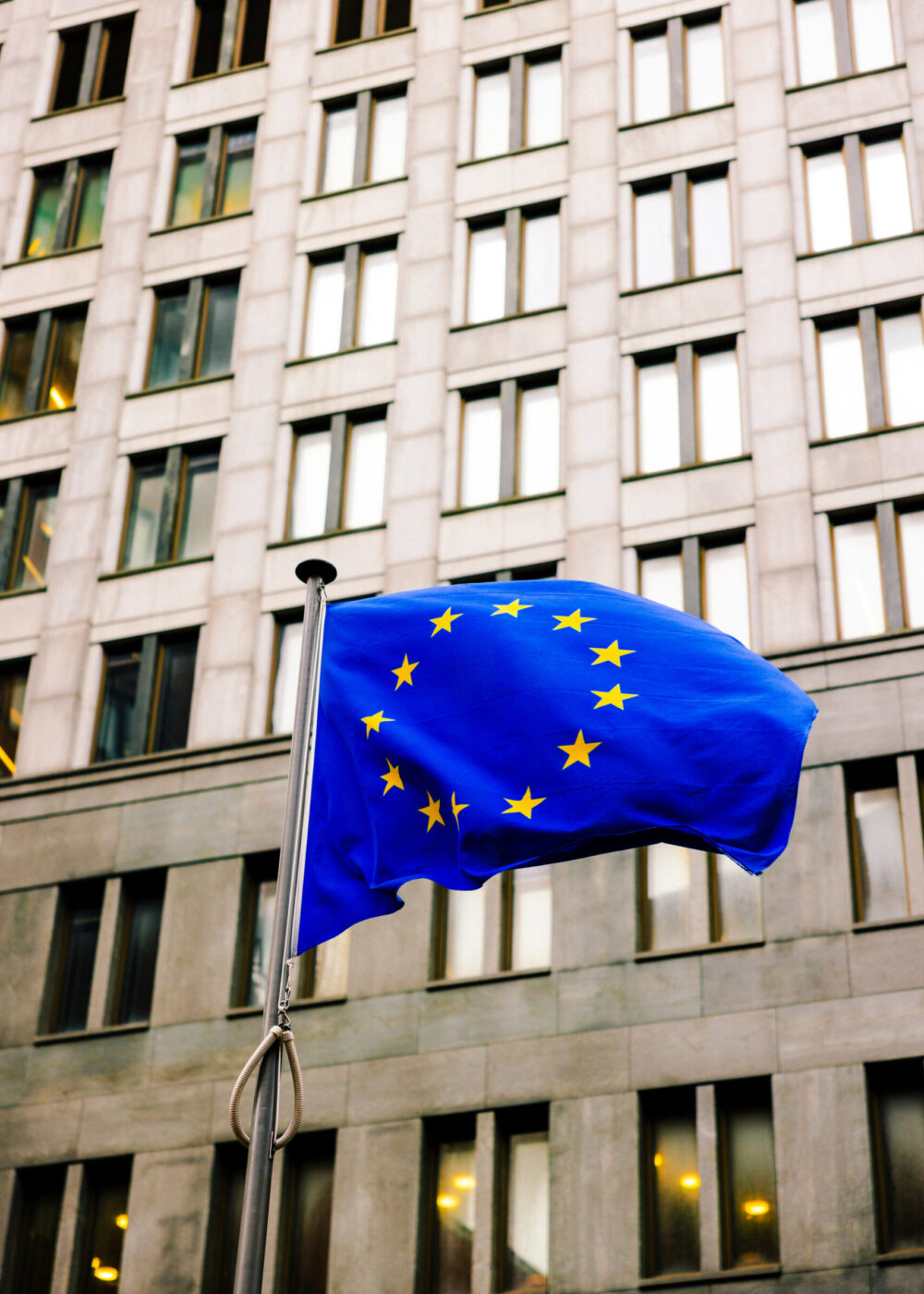The Carbon Border Adjustment Mechanism (CBAM) solves this problem by pricing carbon emissions embedded in imported goods. This levels the playing field for EU industries meeting strict environmental standards and incentivises cleaner global practices in sectors prone to carbon leakage, such as cement, steel, aluminium, fertilisers, and electricity.
In practice, EU importers purchase CBAM certificates reflecting the carbon emissions generated by specific imported goods, ensuring that imports carry an equivalent carbon price to domestically produced goods.
To implement the new CBAM regulations, we’ve led a consortium developing a dedicated software platform for all stakeholders—including importers, EU officials, National Competent Authorities (NCAs), and operators from non-EU countries.




